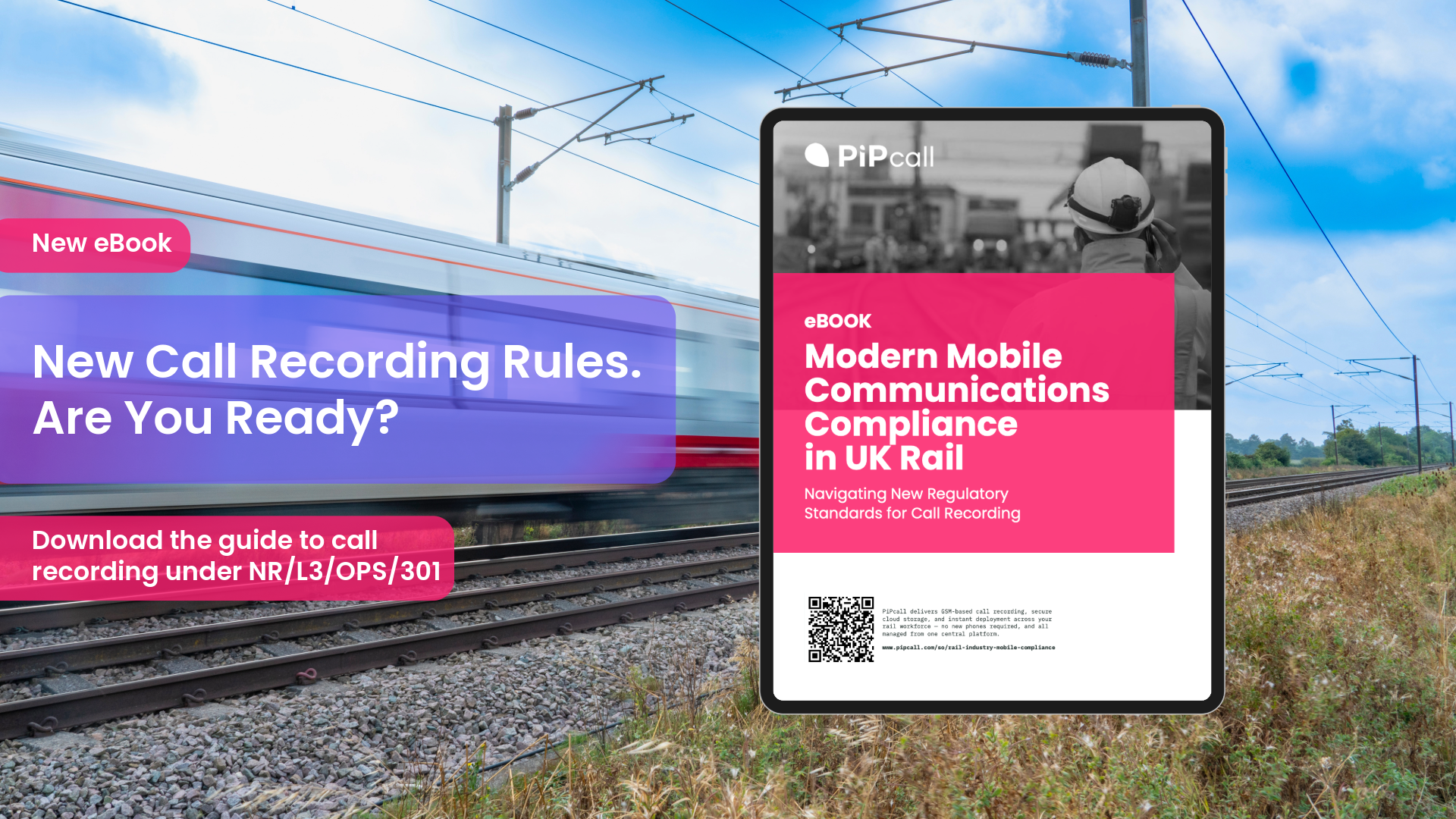Implementing a secure BYOD policy is essential to ensure that sensitive business data is protected. Secure BYOD policy guidelines should be put in place to establish the standards and best practices that employees must follow. These guidelines should include mobile security solutions such as anti-virus software and data privacy safeguards. Mobile device management policies should also be established to ensure that all employee devices are secure and regularly updated. Businesses must also conduct regular security audits to ensure that their BYOD program is secure and that any vulnerabilities are addressed.
A BYOD mobile device policy should include the following key points:
Eligibility:
The policy should specify which employees are eligible to participate in the BYOD program and what requirements they must meet, such as having a personal mobile device that meets certain specifications.
Device management:
The policy should specify the protocols for device management, such as device registration, monitoring, and security updates.
Security protocols:
The policy should specify the security protocols that employees must follow, such as password requirements, data encryption, and remote wipe capabilities.
Data protection:
The policy should outline the data protection procedures that must be followed, such as restrictions on datasharing, backup procedures, and disaster recovery plans.
Acceptable use:
The policy should specify the acceptable use of personal devices for work purposes, such as what applications can be used and what activities are prohibited.
Cost reimbursement:
The policy should specify whether employees will be reimbursed for the cost of using their personal devices for work purposes, such as phone and data charges.
Liability and ownership:
The policy should specify the liability and ownership of data stored on personal devices, as well as any consequences for non-compliance with your policy for bring your own device solutions.
Termination procedures:
The policy should outline the procedures for terminating an employee's participation in the BYOD program, such as how data will be removed from the device and what happens to company data stored on the device.
Overall, a BYOD mobile device policy should be comprehensive, clear, and easily understood by employees to ensure the security of sensitive business data and protect the rights of employees.



.png)



